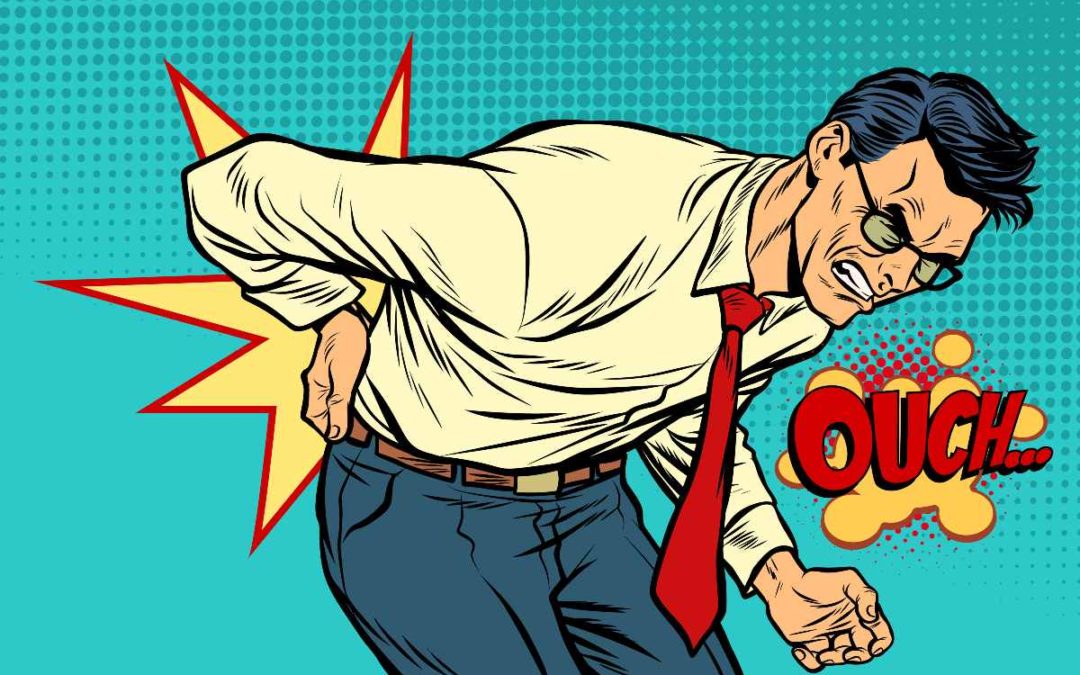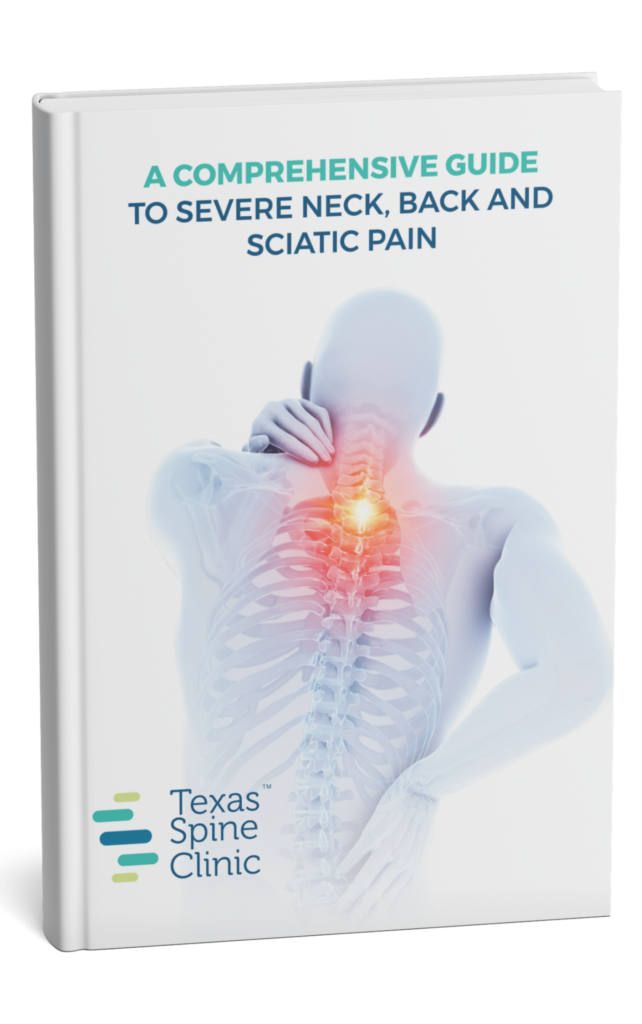When you have a headache, it might be difficult to know which type of headache from which you are suffering. Getting treatment for your headaches will help you know what type of headache you have and get relief from the symptoms. When you have a severe headache, you might think that you have a migraine, but tension headaches are actually more common than migraines.
What is a Tension Headache?
Tension headaches are the most common types of headaches, and most Americans will suffer from one at some point in their lives. These headaches can occur often, or it could be months or years between headaches. Some people will have them for just a few hours, but others will have pain for a day or longer. Migraines are not as common as tension headaches and are usually more painful. A migraine can last anywhere from four hours, to two days.
Symptoms of Tension Headaches
If you have a tension headache, you might feel the following symptoms:
- Pain from pressure instead of throbbing
- Pain all over your head
- Sore shoulder or neck muscles
- Pain, but not severe pain
- Sore temples
Symptoms of Migraines
If you have a migraine, you might feel the following symptoms:
- Throbbing pain, usually worse on one side
- Pain increases with physical activity
- Feel nauseous
- Sensitivity to smells, lights, or sounds
- Pain is concentrated at the temples or eyes
- Some people with migraines see dots, lines, or flashing lights
Tension headaches are usually caused by being tired or stressed, which can cause the muscles in your jaw or neck to tighten, which can cause a lot of pain around the shoulders and neck. It’s not clear what causes migraines, but people can get one when the chemicals in your brain are out of balance, from triggers in the environment, or stress in the body.
Treatment for Tension Headaches
If you suffer from frequent headaches, it’s important to see a doctor to evaluate next steps for treatment. Your doctor will ask you about your headaches, such as how often you get them, where the pain is, and what the pain feels like. The treatment for tension headaches usually includes over-the-counter medications like ibuprofen, acetaminophen, or aspirin. Caffeine may also help. Learning how to manage the stress in your life can also help reduce the amount of tension headaches that happen. Chiropractic help might also help some people find relief from tension headaches. If your headaches are caused by subluxations in the neck or upper back, you could experience a tension headache. Visiting a chiropractor can help you get relief. Texas Spine Clinic can help if you’re seeking physical therapy for any stress-related muscles issues. Contact us today to schedule an appointment and receive a free spinal pain relief kit today.




